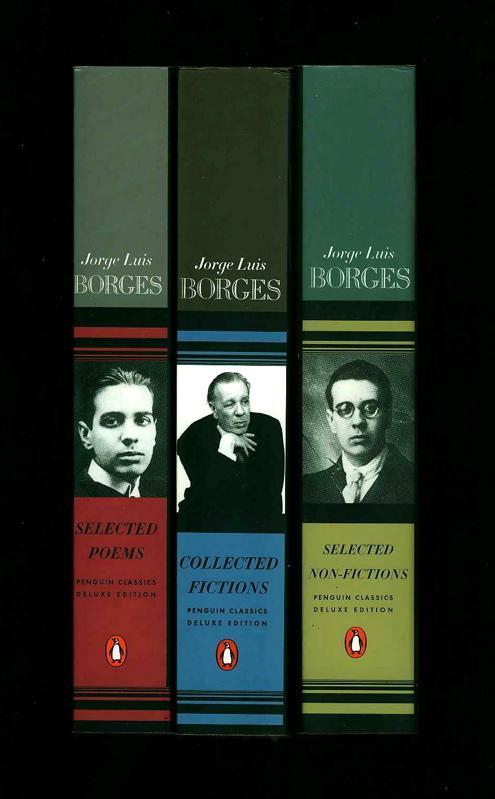
Prior to winning the award, according to Gene H. Argentine by birth and temperament, but nurtured on universal literature, Borges no spiritual homeland."īorges was nearly unknown in most of the world until 1961 when, in his early sixties, he was awarded the Prix Formentor, the International Publishers Prize, an honor he shared with Irish playwright Samuel Beckett.

Yet they suffice for us to call him great because of their wonderful intelligence, their wealth of invention, and their tight, almost mathematical style. In his preface to Labyrinths: Selected Stories and Other Writings, French author André Maurois called Borges "a great writer." Maurois wrote that Borges "composed only little essays or short narratives. With his exemplary literary advances and the reflective sharpness of his metaliterature, he has effectively influenced the destiny of literature."

Pérez also noted that Borges's work "constitutes, through his extreme linguistic conscience and a formal synthesis capable of representing the most varied ideas, an instance of supreme development in and renovation of narrative techniques. He was influenced by the work of such fantasists as Edgar Allan Poe and Franz Kafka, but his own fiction "combines literary and extraliterary genres in order to create a dynamic, electric genre," to quote Alberto Julián Pérez in the Dictionary of Literary Biography. Widely read and profoundly erudite, Borges was a polymath who could discourse on the great literature of Europe and America and who assisted his translators as they brought his work into different languages.

Borges was a founder, and principal practitioner, of postmodernist literature, a movement in which literature distances itself from life situations in favor of reflection on the creative process and critical self-examination. Argentine author Jorge Luis Borges exerted a strong influence on the direction of literary fiction through his genre-bending metafictions, essays, and poetry.


 0 kommentar(er)
0 kommentar(er)
